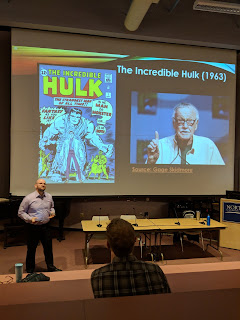Review: Mindset: The New Psychology of Success
Mindset: The New Psychology of Success by Carol S. Dweck My rating: 5 of 5 stars If there is one book I could recommend as a starting place for re-imagining and redirecting one's life--it would be this one. In reading Dweck's research and findings, much of what she says makes sense to me in terms of where I have found successes and where I have found setbacks. The premise of the book and the research she has done is that (and remember, this is boiled down), that a fixed view of things--particularly ourselves and others--limits people's potential. It often keeps the person from feeling fulfilled and attaining success in the ways that they seek (or ultimately, don't seek). An growth-oriented mindset gears people towards learning, experimenting and willing to fail in order to understand, appreciate and live richer lives. I see this so much in my students, in my friends and colleagues, and most definitely in myself. If you want a new paradigm for shifting your life, t



